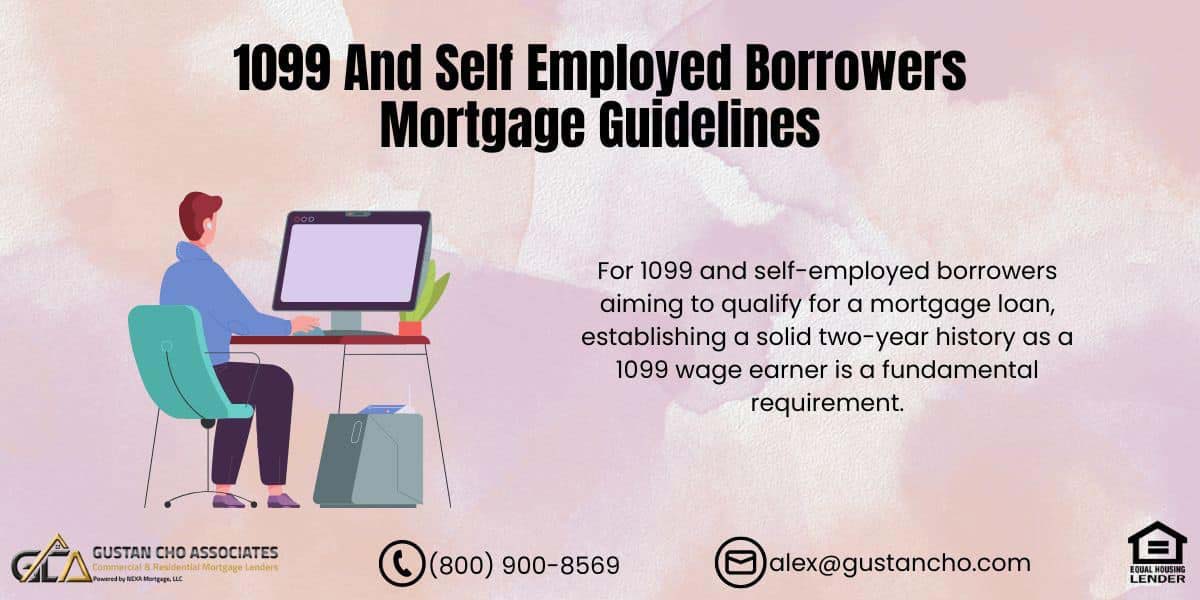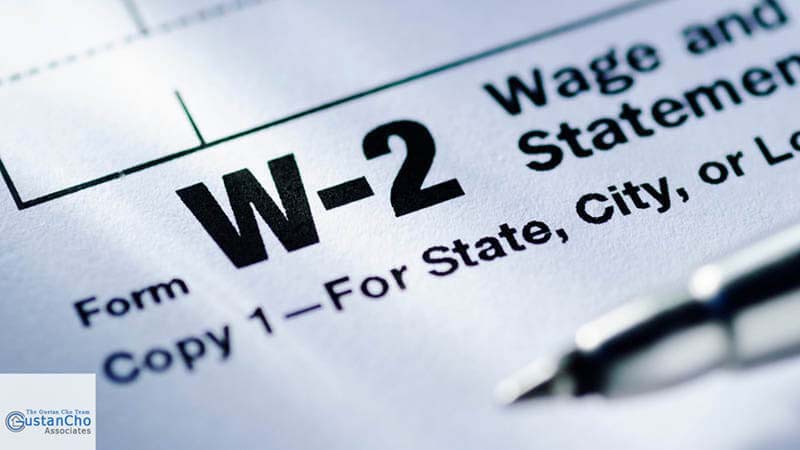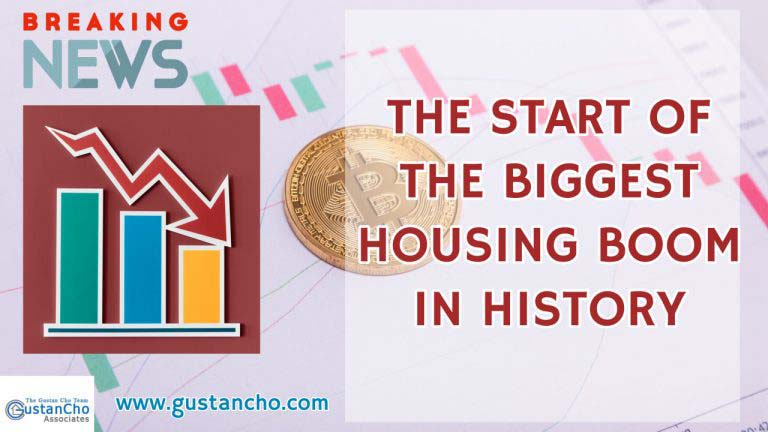More and more people are choosing self-employment or contract work as their source of income. This trend means that mortgage guidelines for these borrowers are increasingly important to understand. This article overviews specific 1099 And Self Employed Borrowers Mortgage Guidelines.
We’ll cover everything from how to verify income to the documentation needed and what to consider when choosing a lender. By the end of this piece, you’ll have a comprehensive understanding of what to expect when applying for a mortgage loan.
What are the Requirements for Self-Employed Borrowers?
Self-employed borrowers and those receiving 1099 forms face stricter mortgage lending guidelines than W-2 income earners. To qualify, self-employed individuals seeking a mortgage typically need to provide two years’ worth of tax returns.
Moreover, those who have recently started their businesses and have less than two years of self-employment history may face challenges in mortgage approval once they demonstrate a consistent track record spanning two years.
Mortgage underwriters have significant discretion in assessing the income of self-employed borrowers, including considerations like declining income trends and how they calculate the average gross adjusted income over the prior two years.
Self-Employed or 1099 Income? You Can Still Get a Mortgage
Get Pre-Approved With a Self-Employed Mortgage Expert Today!
What is Proof of Income for Self-Employed People?
Proof of income for self-employed individuals encompasses several key documents lenders typically require during the loan application process. Firstly, tax returns are crucial, including personal tax returns (Form 1040) and business tax returns like Schedule C or K-1 for partnerships and S corporations, usually spanning the past two years.
Providing Profit and Loss Statements (P&L) is essential, offering a snapshot of your business’s revenue, expenses, and net profit over specific periods, often monthly or quarterly. Bank statements are also commonly requested to validate business income and expenses, offering a real-time view of cash flow. If you’re an independent contractor or freelancer, including 1099 forms from clients can further validate your earnings.
Loan applications may require business contracts and financial records like balance sheets and cash flow statements for larger loan requests. Occasionally, a certified public accountant (CPA) letter confirming your self-employment status, income, and financial stability may also be necessary. Maintaining thorough and accurate financial records is paramount for self-employed individuals to facilitate loan approval and showcase income reliability to lenders.
Declining Income On 1099 And Self Employed Borrowers
For 1099 and self-employed borrowers, mortgage underwriting guidelines do not average the adjusted gross income over two years when income declines.
Here’s an example to illustrate this:
A self-employed borrower reported an adjusted gross income of $100,000 in 2022 and $50,000 in 2023. In this case, the mortgage underwriter would consider the lesser of the two years’ incomes, which is $50,000, instead of averaging them to $75,000. This approach is due to the observed declining income trend.
Now, consider another scenario where the income decline is significant. For instance, the mortgage underwriter may question the income altogether if the gross adjusted income in 2023 is only $20,000 compared to $100,000 in 2022. Such a massive decline in income raises concerns about the borrower’s ability to qualify for the mortgage.
In cases where income substantially declines, mortgage underwriters are likely to reject the income from self-employed borrowers, as it affects their qualification status.
How Do Underwriters Calculate Income For 1099 And Self Employed Borrowers
For 1099 and self-employed borrowers, when there are consistent incomes over two consecutive years, as reflected in tax returns, underwriters typically calculate the monthly income by averaging these two years. However, there’s a significant one-time loss on the tax return.
In that case, underwriters can discount or exclude it from the income calculation, provided the borrower can demonstrate that it was a one-time event. Underwriters must be confident that such losses won’t recur annually, ensuring the borrower’s financial stability and ability to meet mortgage obligations effectively.
1099 Wage Earners Versus W-2 Wage Earners
For 1099 and self-employed borrowers aiming to qualify for a mortgage loan, establishing a solid two-year history as a 1099 wage earner is a fundamental requirement. This history measures income stability and consistency, providing lenders with a clearer picture of the borrower’s financial capacity.
When transitioning from W-2 to 1099 status, lenders typically look for two years of documented 1099 income from the start date of the 1099 status. This ensures that the borrower has a track record of earning income in a self-employed capacity, demonstrating their ability to sustain mortgage payments.
Conversely, a 1099 wage earner shifts to W-2 status. In that case, lenders usually require a 30-day history of W-2 income to qualify for a mortgage loan. This shorter timeframe reflects the immediate switch to a more traditional employment structure. It allows lenders to assess the borrower’s recent income stability under the new arrangement.
Understanding these guidelines is important for 1099 and self-employed borrowers navigating the mortgage application process, as it helps them prepare the necessary documentation and meet the qualification criteria set by lenders.
Gaps In Employment
1099 and self-employed borrowers can secure a mortgage despite employment gaps, provided they meet specific rules and lending guidelines. For those unemployed for six months or more, at least six months of new job tenure is required to qualify for a mortgage. Conversely, if the unemployment period is under six months, 30 days’ worth of paycheck stubs from their new job is necessary for mortgage qualification.
1099 Income? We Have Mortgage Options That Work With Your Business
Whether you’re a freelancer, contractor, or small business owner—we’ve got you covered. Start Your Self-Employed Mortgage Application Now!
1099 And Self Employed Borrowers With Negative Incomes
Many 1099 and self-employed borrowers can reduce their taxable income by deducting various business expenses. However, these deductions can make it difficult for them to qualify for a mortgage as they reduce their eligible income for qualification purposes. This can be especially challenging if the borrower reports negative income or losses on their tax returns.
When individuals are self-employed or receive 1099 income, mortgage underwriters may view this income as zero, making it more difficult for these borrowers to meet the income requirements for a mortgage.
Borrowers can address this issue by adding a non-occupant co-borrower to the loan application. In this case, only the non-occupant co-borrower income is considered when calculating the total income for loan qualification purposes. Please note that the loss reported by the primary borrower cannot offset the non-occupant co-borrower’s income.
This strategy can be a viable solution for borrowers with negative income or losses in self-employment or 1099 income.
About The Author Of 1099 And Self Employed Borrowers
Alex Carlucci is the author of 1099 And Self Employed Borrowers and a contributing writer for Gustan Cho Associates Mortgage News. Alexander Thomas Carlucci is a veteran mortgage professional with over 25 years of experience as a full time licensed mortgage loan originator.
Alex Carlucci is an expert on government and conforming loans and is one of the top loan officers with Gustan Cho Associates Mortgage Group. Over 75% of Alex’s borrowers are folks who could not qualify at other mortgage companies due to their overlays on government and conventional mortgages. Alexander Thomas Carlucci is also an expert on non-QM loans and bank statement mortgage loans for self employed borrowers.
FAQ: 1099 And Self Employed Borrowers Mortgage Guidelines
- 1. What are the Requirements for Self-Employed Borrowers? Self-employed borrowers need two years of tax returns and a consistent income track record.
- 2. What is Proof of Income for Self-Employed People? Tax returns, Profit and Loss Statements (P&L), bank statements, 1099 forms, and financial records are required.
- 3. How Do Underwriters Calculate Income for 1099 and Self-Employed Borrowers? Income is averaged over two years, excluding one-time losses if they won’t recur.
- 4. What’s the Difference Between 1099 Wage Earners and W-2 Wage Earners in Mortgage Qualification? 1099 earners need two years of documented income while transitioning from W-2 to 1099 requires a 30-day W-2 history.
- 5. Can Self-Employed Borrowers with Employment Gaps Qualify for Mortgages? Yes, with six months of new job tenure for longer gaps or 30 days’ pay stubs for shorter gaps.
- 6. How Do Negative Incomes Affect Mortgage Qualification for 1099 and Self-Employed Borrowers? Deductions can make qualifying difficult; adding a co-borrower may help.
This blog about 1099 And Self Employed Borrowers Mortgage Guidelines was updated on April 9th, 2024.
Tired of Being Denied Because You’re Self-Employed? Let’s Fix That.
We understand how self-employed income works—and we approve what others deny. Talk to a Self-Employed Mortgage Specialist Today!











Great blog by Alex Carlucci of Gustan Cho Associates. Alexander Thomas Carlucci is an expert in helping self employed borrowers qualify for home loans. Alex Carlucci of Loan Cabin Inc at Gustan Cho Associates Mortgage Group is also an industry mortgage expert on non-qm loans and bank statement mortgage loans for self employed borrowers. There are no income tax returns required on bank statement mortgage loans for self employed borrowers. We take 24 months bank statement deposits by borrowers and average borrowers deposits over past 24 months. That monthly average deposit is used as borrowers monthly income. Withdrawals from bank accounts does not matter. Up to 50% DTI. No private mortgage insurance is required. Verification of rent is required on bank statement mortgage loans for self employed borrowers. No maximum loan limit requirements with non qm loans and bank statement mortgage loans for self employed borrowers. 10% to 20% down payment is required. The amount of down payment is dependent on borrowers credit scores. Mortgage rates depends on the borrowers credit scores. Alex Carlucci of Gustan Cho Associates at Loan Cabin Inc has a national reputation for being able to get loans closed other lenders can’t. Alex Carlucci is known by many real estate agents and mortgage lenders as The Mortgage Whisperer due to his vast knowledge on mortgage banking. Alexander Thomas Carlucci is also a contributing managing Editor at Gustan Cho Associates Mortgage News.
Alex Carlucci is one of our top loan officers at Gustan Cho Associates. Alexander Thomas Carlucci always goes above and beyond for all of his borrowers. Alex Carlucci also has the most positive reviews next to Michael Gracz of Gustan Cho Associates by borrowers. Mike Gracz and Alex Carlucci are the top two loan officers at Gustan Cho Associates Mortgage News. Very proud to have both Alex Carlucci and Mike Gracz represent Gustan Cho Associates.
Thank you Peter and thank you Gustan for the positive review of my Blog. Borrowers remember there are always options on how to get your loan done. Either being w2, 1099 or self employed. W2 income is the easiest. If self employed or 1099 you need to remember that your tax accountant will tell you that you can write off expenses but this will hurt your ability to purchase because they go off you ADJUSTED GROSS INCOME. Adjusted gross income is line 37 of your tax returns and they average the last 2 years and as I said earlier in this post declining income can even be treated as no income in certain cases. Some good news is if you have a business that has been registered for 5 years Freddie Mac has a special program for you that allows you to use just the most recent tax return. So if you had a slow year prior then this will help your purchasing power.
Another thing Alex is that you do a lot of W2 Income Only Mortgages where income tax returns are not required. You should explain more to our viewers on how you do these W2 Income Only Mortgages on FHA, VA, Conventional loans. You need to be a W2 wage earner and lenders will not ask or require for income tax returns. It is one of the hottest loan programs Alex Carlucci of Gustan Cho Associates has to offer. Many home buyers with a lot of unreimbursed business expenses on their tax returns can now qualify for W2 Income Only Mortgages. It is available on FHA Loans, VA Mortgages, and Conventional Loans. Alex Carlucci of Loan Cabin Inc. can definitely help.
Great information by Alex Carlucci.
Correct,
We do not have any lender overlays, so we do not need tax returns! The W2 only program helps many of our clients. Alex Carlucci from Loan Cabin Inc is one of the top Loan Officers on our team. He is very knowledgeable with mortgage guidelines. FHA, VA, Conventional, USDA, and Jumbo Alex Carlucci knows it all! If you reach out to Alex and he does not answer make sure to leave him a message, he will always call you back.
Correct. Actually Michael Gracz is the top loan officer with Gustan Cho Associates. Lol. Michael Gracz is the National Sales Manager of Gustan Cho Associates and in charge of all loan officers in Gustan Cho Associates Mortgage Group
What a great blog Alex! There are a lot of self employed buyers who would benefit tremendously from all the information provided. Are these guidelines the same across the country?
Dora
All mortgage GUIDELINES are federal agency regulations and GUIDELINES so it applies to all 50 states.
The Gustan Cho Team at Loan Cabin Inc. NMLS 1657322, a national five star direct lender with no overlays on government and conforming loans like to welcome Dora Ali and Syed Ali to Gustan Cho Associates. Gustan Cho Associates is the national consumer direct Division of Loan Cabin Inc.. Loan Cabin Inc. is a full Eagle direct lender headed by Chief Executive Officer Massimo Ressa headquartered in Lombard Illinois. Dora Ali and Syed Ali are licensed mortgage loan originators licensed in multiple states. Syed Ali and Dora Ali is based in Houston Texas and under Michael Gracz the National Sales Manager of Gustan Cho Associates